NATO leader blasts Trump’s suggestion he would encourage Russian invasion of US allies
Jens Stoltenberg warns against talk that ‘undermines security’ after Trump threatened to encourage Russia to attack NATO members who were not fully paid up.
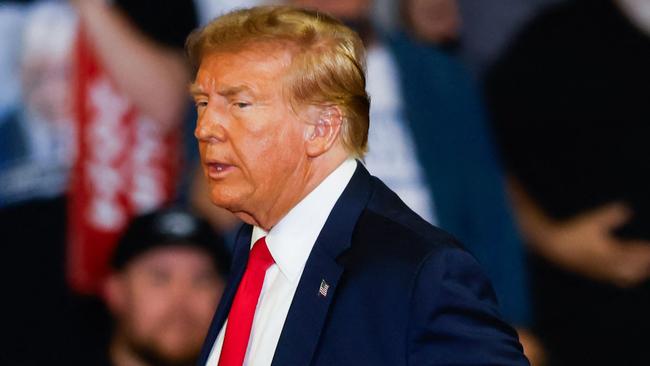
NATO Secretary-General Jens Stoltenberg and other Western officials on Sunday offered a harsh rebuke to comments made a day earlier by presidential candidate Donald Trump, who suggested that if he was re-elected he would encourage Russia to invade U.S. allies that failed to contribute enough military spending.
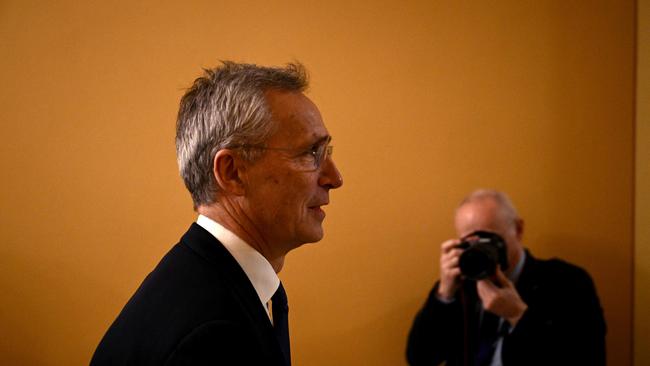
“NATO remains ready and able to defend all Allies,” said Stoltenberg in a statement. “Any suggestion that allies will not defend each other undermines all of our security, including that of the U.S., and puts American and European soldiers at increased risk. I expect that regardless of who wins the presidential election the U.S. will remain a strong and committed NATO ally.” Leaders in Germany and Poland also swiftly criticised Trump’s comments, illustrating how closely top officials are monitoring the U.S. presidential campaign and its implications for a world that is already on edge.
The unusual and immediate responses came after Trump, speaking at a campaign rally in South Carolina on Saturday, said he would encourage Russia to attack NATO countries that don’t pay enough into the alliance.
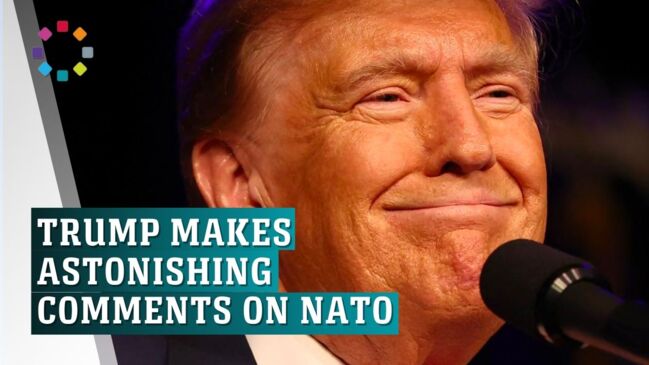
Trump, invoking a scenario in which a country not paying more were to be attacked by Russia, Trump said, “No, I would not protect you. In fact, I would encourage them to do whatever the hell they want. You got to pay. You got to pay your bills.” The White House on Saturday night weighed in, saying President Biden had strengthened the alliance and that he would “continue to bolster American leadership and stand up for our national security interests — not against them.” The White House has been eager for opportunities to contrast Trump’s world outlook with Biden’s more traditional view that America has a unique leadership role on the world stage.
Russia invaded Ukraine in February 2022 and intense fighting continues. Trump, on several occasions during his presidency, attempted to bring the U.S. closer to Russia, suggesting for example that it should be readmitted to the Group of 7 nations forum, startling Democrats and Republicans.
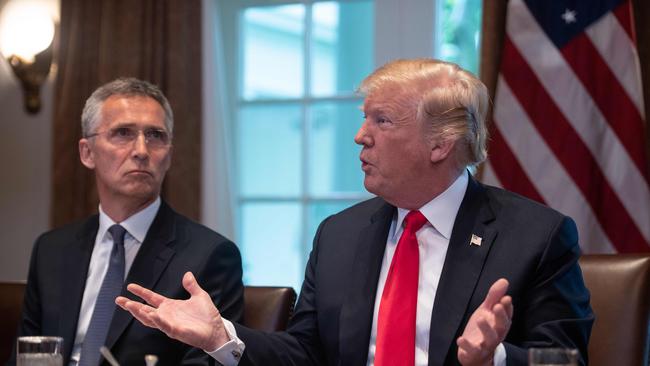
NATO is an alliance of more than 30 countries, and its “Article 5” states that if one NATO member is attacked, “each and every other member of the Alliance will consider this act of violence as an armed attack against all members and will take the actions it deems necessary to assist the Ally attacked.” The alliance plans to honour the 75th anniversary of its founding this year.
Other Western leaders rushed to defend NATO on Sunday, as well. Polish Defense Minister Wladyslaw Kosiniak-Kamysz, writing on the social-media platform X, said on Sunday that NATO’s security guarantee to its members is a concrete commitment. He said that no election campaign should become a reason to undermine NATO unity In another apparent reaction to Trump’s comments, the German Foreign Office on Sunday posted a statement of NATO unity on social media. “’One for all and all for one.’ This #NATO creed keeps more than 950 million people safe — from Anchorage to Erzurum,” said the statement on X, formerly known as Twitter, referring to cities in the U.S. and Turkey.
‘One for all and all for one.’ This #NATO creed keeps more than 950 million people safe - from Anchorage to Erzurum. #StrongerTogether
— GermanForeignOffice (@GermanyDiplo) February 11, 2024
Trump’s remark — and response from overseas — provided as a reminder to voters about the chaos and unpredictability that accompanied his tenure in office from 2017 until January 2021. The comments from Trump could shift attention away from new questions that were raised last week about President Biden’s mental capabilities, with a special counsel’s report suggesting that the president’s memory is faulty and impaired. The president forcefully pushed back on those suggestions.
Successive U.S. presidential administrations have pushed NATO members to increase their spending to 2% of their GDP, but during his time in the White House, Trump repeatedly pressed the issue publicly, chastising allies for not spending enough.
Allies’ contributions have indeed grown, though they were already on the upswing after 2014, the year when the alliance formally agreed on the 2%and Russia annexed Crimea and intervened in eastern Ukraine. Ten of the alliance’s 31 members have now achieved the 2% goal, according to statistics released by NATO last year, a significant increase from 2014, when only three members met that benchmark.
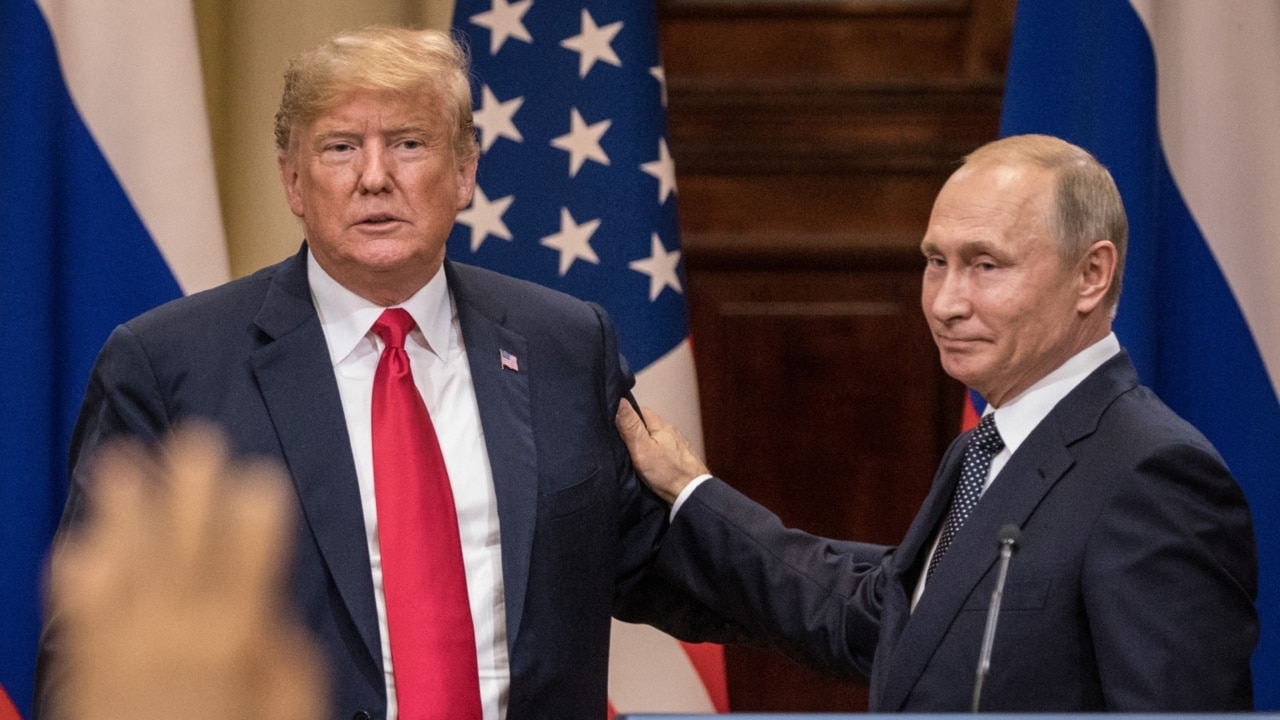
U.S. foreign-policy specialists from across the political spectrum said that Trump’s comments had the potential to undermine America’s national security. By raising doubts about whether the U.S. would keep its commitments to defend its allies, Trump risks encouraging other nations to seek other security arrangements by strengthening ties with Russia, China and other U.S. adversaries, they said.
“I was shocked to see the former president of the United States threatening America’s closest friends as if we were running a mafia protection racket rather than a defence alliance,” said Kori Schake, director of foreign and defence policy studies at the right-of-centre American Enterprise Institute.
Trump’s penchant for upsetting the established order is a liability in foreign affairs, where stability is a core need, she said. “His recklessness injects unpredictability into everything he turns his attention to, and that’s not a good thing for the dominant power in the international order. If countries don’t believe they can rely on us they will make other arrangements, and those arrangements won’t likely be in America’s interest.” But Trump’s allies have alleged that his tough talk has a way of eliciting action that advances U.S. interests, as he has long alleged that European and Asian countries have relied too much on the U.S. military for their own protection.
Stoltenberg’s statement on Trump’s comments was “very unusual” and a sign of the high concern among U.S. allies about the former president’s approach to foreign relations, said William F. Wechsler, a deputy assistant secretary of defence for special operations and combating terrorism in the Obama administration.
“It just shows how the norms of American politics are being undermined at home, and they’re also being undermined abroad,” said Wechsler, who is now with the Atlantic Council, a Washington think tank. “Most foreign countries — the last thing in the world they want to do is be involved in U.S. elections, and that goes for leaders of multilateral organisations, like NATO. So, it’s a very unusual statement.” Last year, Congress included an amendment offered by Sens. Tim Kaine (D., Va.), and Marco Rubio (R., Fla.), in the annual defence-policy bill that requires the advice and consent of the Senate or an act of Congress before any president could suspend, terminate, or withdraw U.S. membership in NATO. The amendment bars any funding from being used for a withdrawal. It became law when Biden signed the fiscal year 2024 National Defense Authorization Act into law in late December.
Kaine on Sunday, citing Trump’s recent comments, said on X: “This is why I worked for years to pass a law blocking any President from leaving NATO.” Shake said that America’s national security depends on the goodwill of other nations, as well as on their financial commitments as part of NATO. That goodwill, she said, is why U.S. allies are scouring their arms inventories for equipment to help Ukraine and helping patrol waterways to protect commercial shipping.
Trump wants to be President of…what country?
— Tim Kaine (@timkaine) February 11, 2024
This is why I worked for years to pass a law blocking any President from leaving NATO. https://t.co/e1xRW9yfIL
Trump also stirred controversy with remarks Saturday about the husband of his last remaining rival for the Republican presidential nomination, Nikki Haley. During the packed rally, Trump wondered where Haley’s husband was. “Oh, he’s away. He’s away,” Trump said. “What happened to her husband? What happened to her husband. Where is he? He’s gone.” Haley’s husband, Michael Haley, is currently deployed on a year-long mission in Africa with the South Carolina Army National Guard. Nikki Haley said on X, “Michael is deployed serving our country, something you know nothing about. Someone who continually disrespects the sacrifices of military families has no business being commander in chief.” Rubio, speaking on CNN’s State of the Union on Sunday morning, dismissed the comments about Haley as part of the “increasing nastiness of this campaign and every campaign in American politics.”
The Wall Street Journal

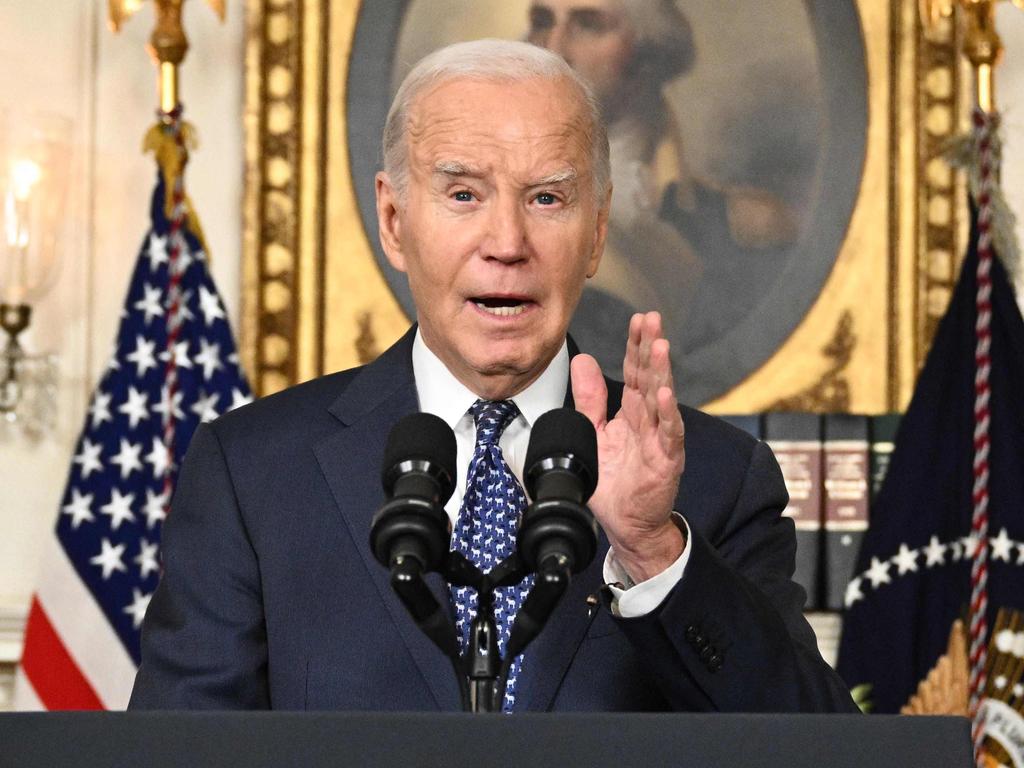
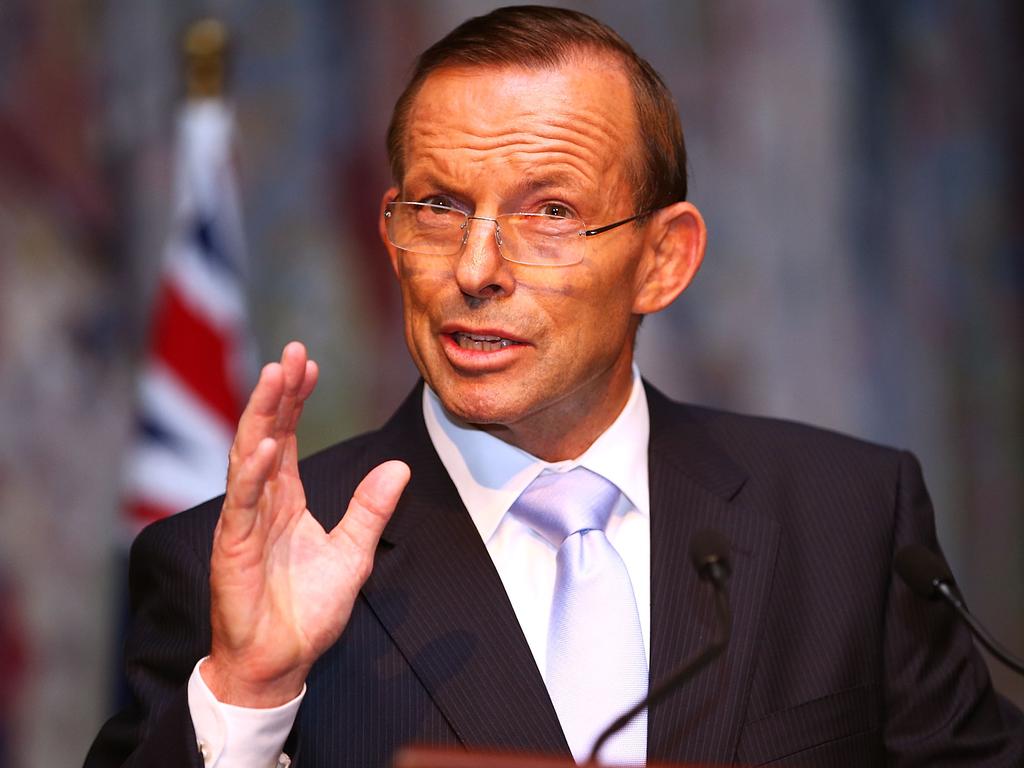
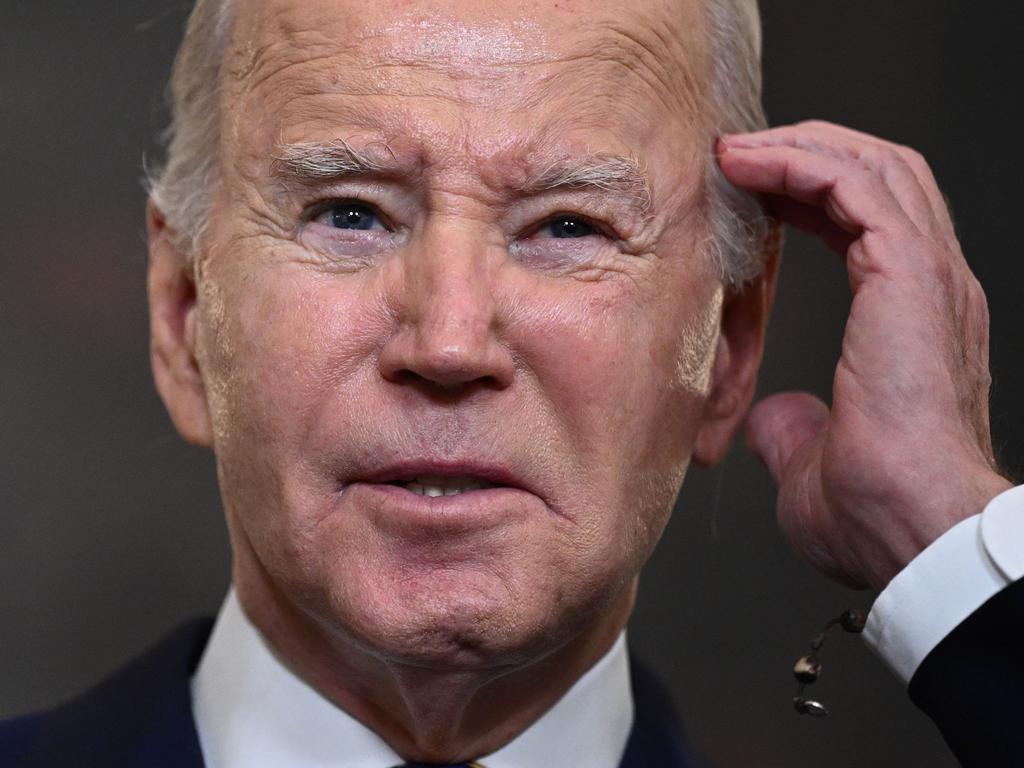
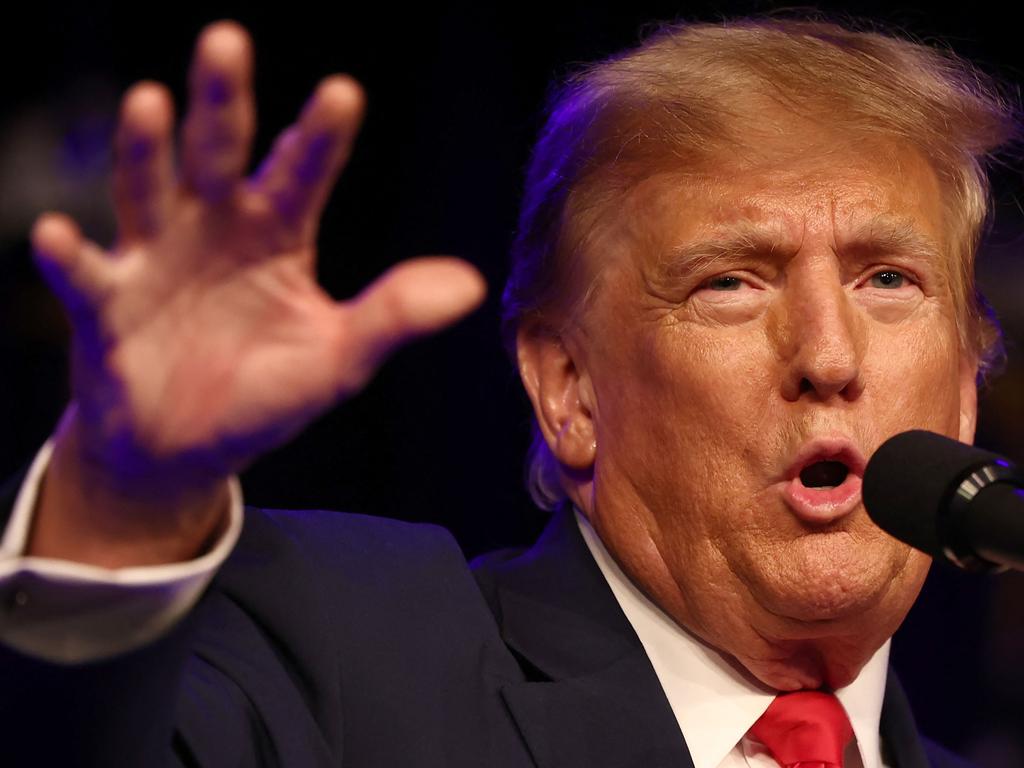
To join the conversation, please log in. Don't have an account? Register
Join the conversation, you are commenting as Logout